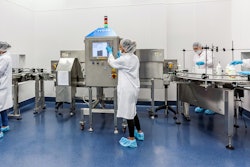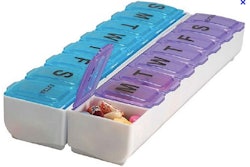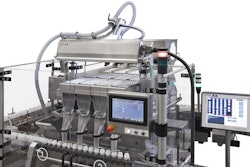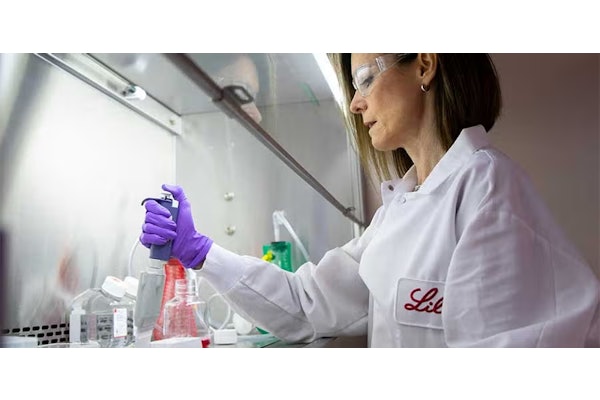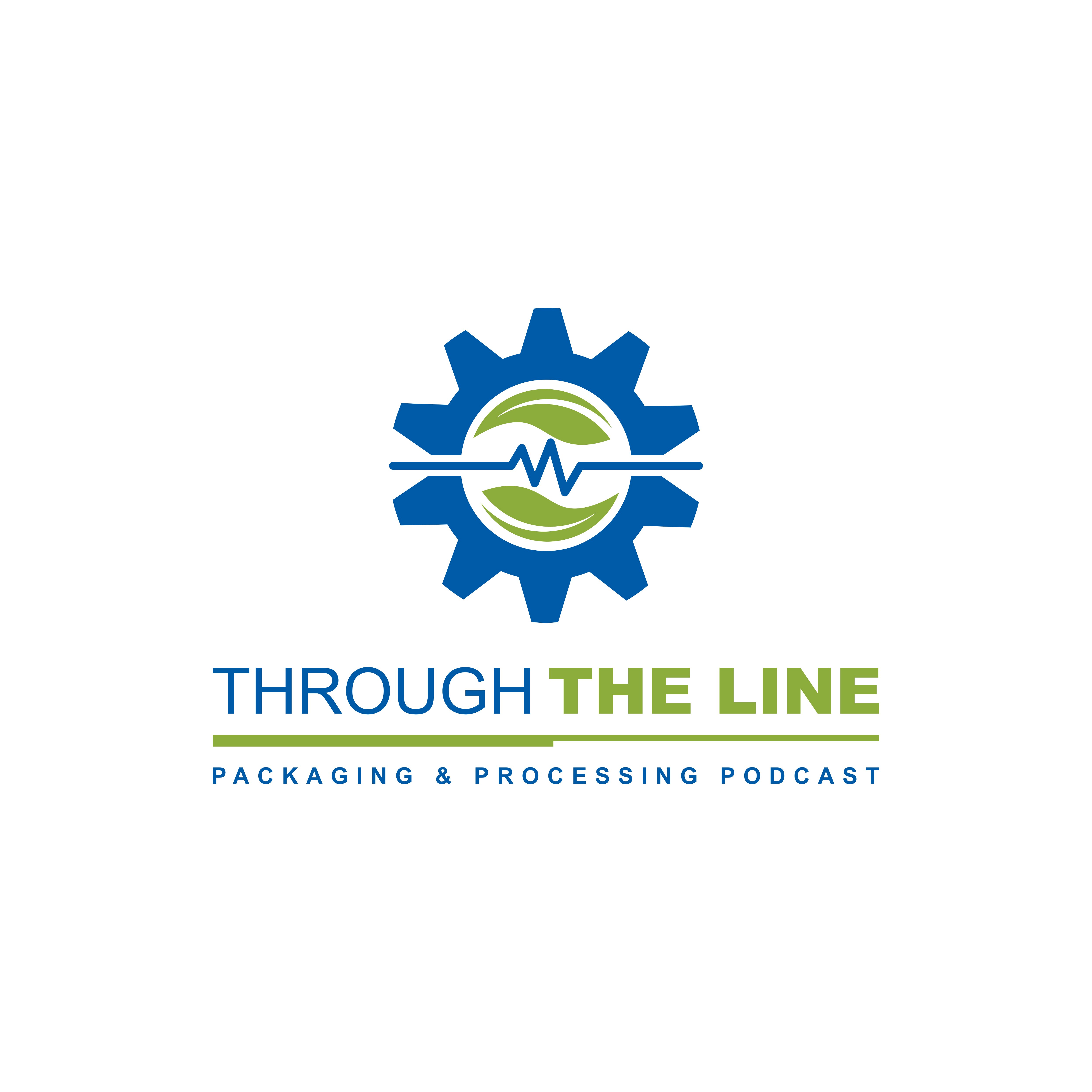This content was written and submitted by the supplier. It has only been modified to comply with this publication’s space and style.
In response to an increasing demand, Bosch now offers more practical trainings on sought-after topics, for instance at the German sites in Schopfheim and Waiblingen.
Learning from industry experts
The lectures are given by Bosch associates from different departments together with external industry and research experts. Participants benefit from a mix of theoretical industry knowledge, long-term experience and practical training in the local laboratories. "Our goal is to consistently adapt the trainings to participants' needs," explains Dr Marcus Knöll, head of the pharma service department of the Bosch subsidiary Hüttlin GmbH in Schopfheim. "Due to keen interest, we have continuously expanded our range of seminars over the years. And most of them are fully booked within a very short time."
In 2016, the Schopfheim site offers specific operator trainings for granulation and fluid bed usage, as well as seminars focusing on scale-up, granulation and coating. In the scale-up seminar, for instance, lecturers provide a deeper insight into the possibilities of scale-up. "Our specialists train the participants regarding the ideal approach and explain all practical process steps in detail," says Dr Knöll.
Seminars on capsules and tablets
The site in Waiblingen, Germany, offers several capsule school workshops. The seminar series provides information about the production and pharmaceutical application of hard capsules, the development of formulations, as well as different filling technologies. Further seminars from Bosch include processes, current trends and developments in tablet pressing and coating for different therapeutic areas.
The structure of the seminars offers flexible possibilities to obtain the title "Specialist of Operation", "Expert of Solid", or "Master of Solid". In addition to the seminar certificate, the competence centers award credit points in three different categories. Depending on the difficulty level, participants receive one, two or three credit points per completed training course.



